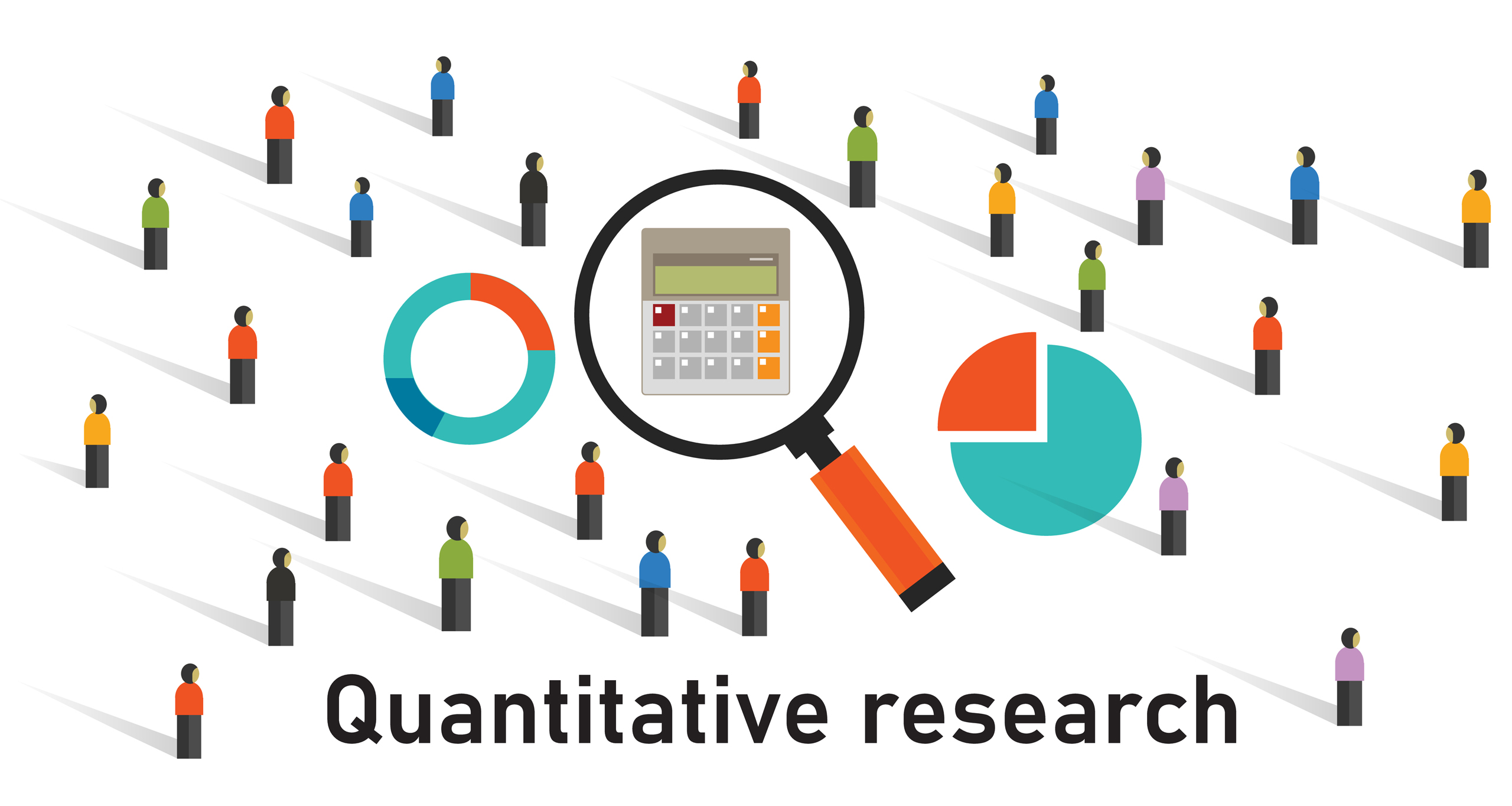| Day |
Module name |
Concepts covered |
Live sessions – No. of hours |
Assessment |
Learning outcomes |
| Day 1 |
Introduction |
Introduction; need for (quantitative) research; the scientific method; determinants of conducting research; types of (quantitative) research designs; |
3 |
Take home assignment |
Good understanding of quantitative research process, basic research designs and the determinants of research. |
| Day 1 |
Research Concepts, Propositions & Hypotheses, Measurement and Scaling Concepts, Reliability and Validity |
Abstract and empirical level research; measurement and scaling; summated scales and reverse coding; reliability, validity and sensitivity; pragmatic ways to establish reliability and validity |
3 |
Take home assignment |
Good pragmatic understanding of measurement and scaling. |
| Day 2 |
Attitude Measurement (quantitative) and Survey Research |
Attitude; techniques for measuring attitudes; types of scales used in social science (quantitative) research and their demonstration using attitude measurement; survey research and errors in survey research; survey research methods; response rates and practical ways to increase response rate |
3 |
Take home assignment |
Good understanding of measurement of various components of attitude using various scales and practical knowledge of survey research along with the challenges faced in survey research. |
| Day 3 |
Design of instruments (questionnaire etc.) AND
Application and Demonstration (using STATA) |
Design of Instruments and decisions in instrument design; Demonstration |
3 |
|
Good (and practical) understanding of design of instruments as well as basic understanding of how to play with survey data in STATA. |
| Day 4 |
Sampling Designs, Sampling Procedures and Data entry, coding, cleaning and editing |
Sampling Designs (probability/non-probability; single stage/multistage etc.), Sampling Procedures; estimating sample size; (if time permits – data entry, coding, cleaning and editing) |
3 |
Take home assignment |
Good and pragmatic understanding of sampling as well as estimation of sample size. |
| Day 5 |
Demonstration in STATA (entry, coding, cleaning, editing etc.); AND
Hypothesis Testing and Data Analysis Methods for Survey Research |
Demonstration (1st one hour); Types of statistical analysis; types of hypotheses; hypothesis testing process; significance level and p-value as well as their inter-play; types of errors and methods used in data analysis |
3 (1+2) |
Take home assignment |
Good (and practical) understanding of statistical analysis, hypothesis testing, and drawing inferences as well as basic understanding of coding, editing etc. in large datasets using STATA. |
| Day 6 |
Experimental Research: Causality, Demand Characteristics, Control, Experimental Validity and Introduction to Various Experimental Designs – I |
Creating an experiment; designing an experiment (important design elements); cause, effect and experimental confound; demand characteristics; practical experimental design issues; issues of experimental validity; types of experimental designs (true; quasi and non-experimental as well as time-series) (pretest-posttest control group; posttest only control group; non-equivalent control group, multiple treatment and complex designs; difference in difference etc.); |
3 |
Take home assignment |
Good and practical understanding of experiments and experimental designs. |
| Day 7 |
Experimental Research: Causality, Demand Characteristics, Control, Experimental Validity and Introduction to Various Experimental Designs – II
+ Demonstration of Data Analysis in STATA + Feedback and reflection on the course |
Creating an experiment; designing an experiment (important design elements); cause, effect and experimental confound; demand characteristics; practical experimental design issues; issues of experimental validity; types of experimental designs (true; quasi and non-experimental as well as time-series) (pretest-posttest control group; posttest only control group; non-equivalent control group, multiple treatment and complex designs; difference in difference etc.); + Demonstration of Data Analysis in STATA |
3 (1+1.5+0.5) |
|
Good and practical understanding of experiments and experimental designs. Basic understanding of how to perform data analysis in STATA on survey data (/large data sets) |



Reviews
There are no reviews yet.